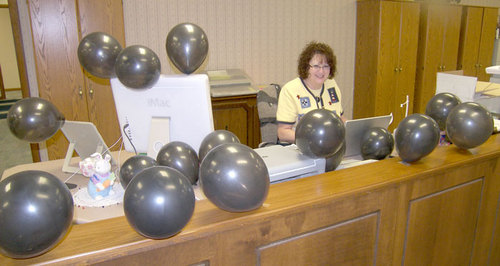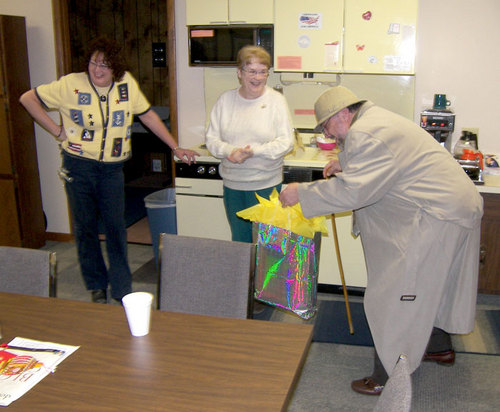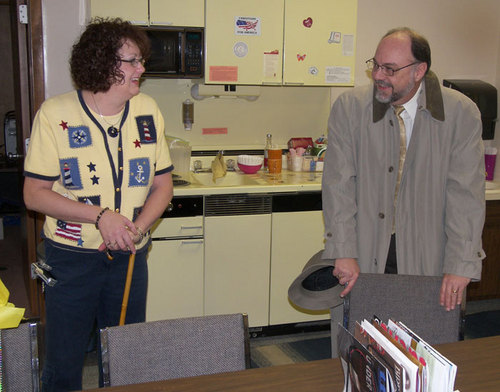April 7, 2009
|
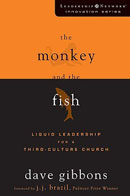
“The Monkey and the Fish” is about leadership and church health. The Christian market has many such books. This one hits some different chords.
Dave Gibbons, an Asian American who founded Newsong, a multi-site megachurch in California, is a refreshing voice. Too many Christian writers seemingly think the American church, and our interpretation of what church should be, is God’s definitive word for the world. Gibbons takes a world view, and his words open up whole new possibilities. No, he’s not in the emergent crowd; many of them would view Gibbons as tame. But for me, a traditional evangelical from the United Brethren mold, his thoughts stretch me aplenty.
A theme Gibbons develops throughout the book builds on the question asked of Jesus, “Who is my neighbor?” Jesus responded by telling the story of the Good Samaritan, which is about two people who normally wouldn’t have anything to do with each other–a Samaritan and a Jew.
Gibbons writes, “Jesus was telling the religious leader that his neighbor, instead of being someone like him, was someone not like him at all, someone he would be uncomfortable with or even hate.”
He says churches need to seek out people who are different from them, not just like them. “There’s something truly divine about a movement of people who reach out to love others and be with others whom they find difficult to understand or love to be with.”
This is more than theory to Gibbons and Newsong Church. It’s a concept that permeates the church, as they intentionally pursue marginalized people, outsiders, people on the fringes of society. And he cautions, “It may very well mean that the church doesn’t grow numerically nearly as quickly as it otherwise might.” Imagine that–adopting a strategy which you know will slow your growth…just because you think it’s the way Jesus might do things.
Church growth exalts the “homogeneity” principle–that you attract people like you. United Brethren, for instance, are good at targeting other white, middle class folks. And that does, indeed, work. But that doesn’t mean it’s the way of Jesus. Gibbons illuminates another way to view our neighbors, and I find it engaging (partly, I’m sure, because it relates so well to me and my own church).
There’s a whole lot of great stuff in this book.

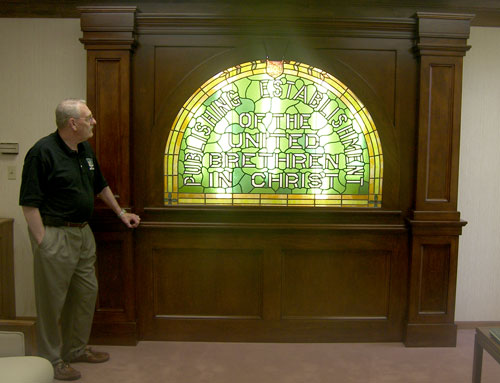


 I have been reading a new book by Joel C. Rosenberg,
I have been reading a new book by Joel C. Rosenberg, 